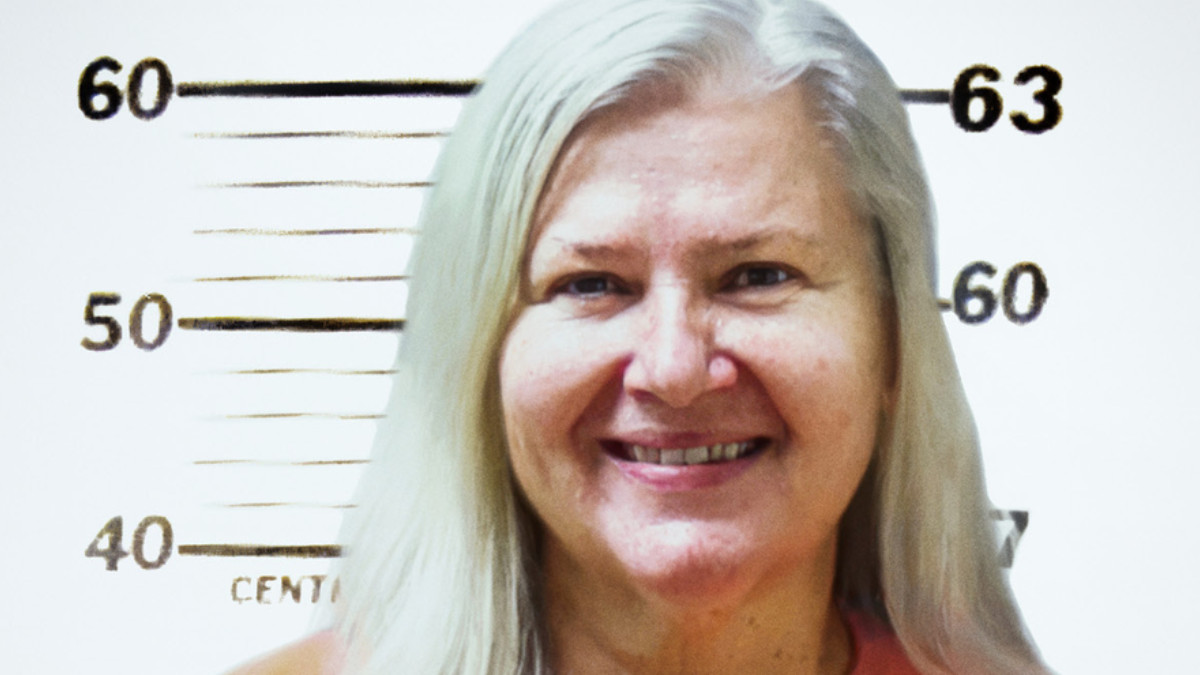A new Lois Riess doc fails abuse victims and sets feminism back

The new HBO true crime documentary I’m Not a Monster: The Lois Riess Murders feels like a sensationalized misstep. It does a disservice to abuse survivors, mental health advocates, and feminism. Instead of offering meaningful insight, it glosses over key issues and gives Lois Riess a platform that distorts the truth.
Trigger warning: mentions of murder, abuse, and addiction
For those unfamiliar, Lois Riess gained infamy after killing her husband, David, in Minnesota before fleeing across the country. During her escape, she befriended and murdered Pamela Hutchinson in Florida to steal her identity. A nationwide manhunt ended with her capture in Texas. Riess pled guilty and avoided trial, leaving many case details unclear, until now.
A troubling aspect of the documentary is its platforming of Riess herself, who provides a disingenuous version of events. Riess claims to have been in a “blackout state” during her crimes, unable to remember or control her actions due to emotional struggles and a gambling addiction. It’s suspicious that she can’t recall any details from the murders, when it seems like she could probably tell you the exact amount, down to the cent, she received as an inheritance.
Riess claims her husband’s abuse drove her to the edge. Evidence, however, suggests that much of her behavior had nothing to do with him. For instance, Riess struggled with a severe gambling addiction. To say this spiraled out of control is an understatement. She ended up getting in legal trouble for stealing thousands of dollars from her sister, for whom she was a caregiver. When asked about this, Riess acted airheaded, and the interviewer practically had to tell her she should say stealing from her sister was wrong.
The documentary doesn’t touch on how dangerous it is to give criminals cutesy nicknames or reduce them to one-dimensional stereotypes. It’s frustrating to see this kind of narrative pushed, as it makes it easier for society to overlook warning signs when perpetrators don’t fit the traditional mold of what a “dangerous person” looks like. Letting Riess feign naivety only serves her appearance to the public. It leans toward reducing her crimes rather than truly unpacking the horror of what she did to her victims.
Calling Lois “killer grandma,” minimizes the depravity of her acts. It only serves to “hype up” the story, but the story wouldn’t need to be spiced up if the documentary was doing what it was supposed to. Additionally, inserting a police department recruitment ad for the Lee County Sheriff’s Office was beyond asinine. When this came on at the start of the second episode, I checked my TV to double-check I clicked on the correct show. They could have used that 3 minutes for anything else. A mental health ad, a domestic abuse hotline, even an anti-gambling program!
By giving Riess a platform to explain her actions without properly challenging her false narrative, it fails both abuse survivors and mental health advocates. Many people who have survived abuse or grapple with mental illness do their best to make it through the day one day at a time. Yet here we have someone using those same struggles as a shield for murder. So much of the feminist movement is simply struggling to be heard and believed. This is a dagger to our ideals.
The documentary does at least take a step in the right direction by contradicting her claims with footage and witness testimony, showing a different side to the story. Instead of being broken or tormented, Riess gambled, drank, and enjoyed herself after both murders. Witnesses called her charming, flirtatious, and fun. She appeared fully aware and had a “kill kit” with her when she was apprehended, suggesting she had every intention of murdering again.
Even if we set aside her husband’s case, Lois Riess coldly and deliberately murdered Pamela Hutchinson. The identity theft-driven killing gets shockingly little attention in the documentary. The show downplays this aspect, failing to address the full gravity of Hutchinson’s murder. If anything, they gave the Sheriff’s office more time to talk about why they took the crime so personally. I care that the police take crime seriously, but that should be a given. I simply struggle to see how that is more important than hearing from Pamela Hutchinson’s loved ones.
In the end, I’m Not a Monster: The Lois Riess Murders misses the mark. It lets Riess dominate the narrative while downplaying the real harm she caused. Instead of tackling deeper issues like mental health in crime, abuse, and gender stereotypes, it delivers a shallow story. It harms more than it helps, and the victims, viewers, and affected communities deserve better.
This is an opinion piece. The views expressed in this article are those of just the author.